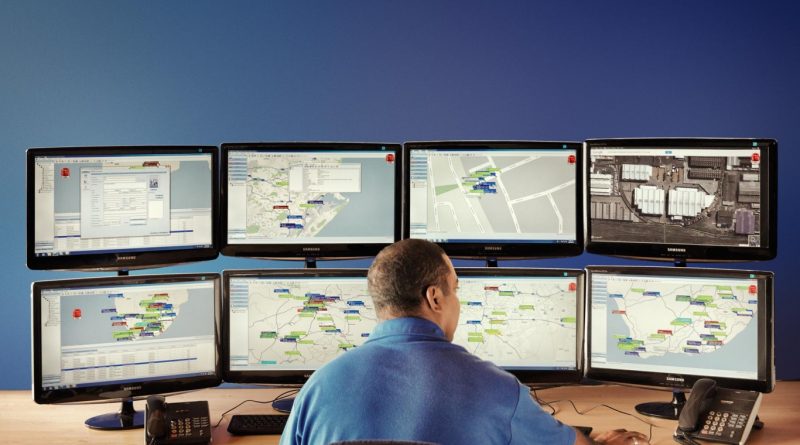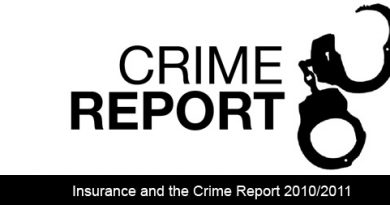New Online system significantly reduces petrol & fleet card fraud
South African businesses that own vehicles or operate fleets need to be aware that becoming a victim of petrol card fraud brings a real threat to their company’s bottom line. However, an exclusive – and world-first – pilot security project involving WesBank and Visa is confidently expected to improve innovative fleet fuel card security even more.
Shona Selley, General Manager of WesBank’s Fleet Services, says South African businesses that operate fleet vehicles must work proactively with their card issuer and implement strong preventative measures to avoid becoming the victims of petrol fraud. Selley says there are a number of ways that fleet fraud can occur. These methods include through card cloning, via manual transaction or through theft and loss.
She explains, “Simply put, credit card cloning, or ‘skimming’ as it is sometimes called, is a technique whereby someone obtains your credit, debit or fleet card details, copies them onto a false card and begins using the card. In most instances, card cloning is operated through organised syndicates. Cloned or counterfeit cards constitute approximately 80% of reported fraud cases, followed by lost and stolen cards at 15% and lastly manual transactions, which make up the remaining 5%.”
Selley notes that fraud is most prominent in Gauteng, followed by Durban and the Eastern and Western Cape. She says five years ago, cloning on fleet cards was rare, although it was already being carried out on credit and debit cards. “Once stricter controls were imposed on credit and debit cards, syndicates turned to fleet cards, and consequently we saw an increase in fraud. However, the introduction of online authorisation has brought a significant reduction in fleet card fraud recently.”
Selley explains that fleet cards have historically not used pin numbers. “Recently, however, we have seen a move into the ‘chip’ environment whereby pin numbers are issued with fleet cards, although at this stage not all cards operate on pins. WesBank and Visa are in an exclusive pilot currently to launch the first Chip- and PIN-enabled fleet fuel card in the world. This will no doubt provide best-in-class fraud mitigation opportunities and great security for fleet cards.
“In addition, WesBank also has a team of fraud forensic investigators and analysts who monitor transactions and detect when and what type of fraud has occurred. Their role is to investigate syndicates and assist with apprehending suspects. WesBank was involved in the arrests of two fairly large syndicates towards the end of last year and early this year.”
How do we best protect fleet cards?
Selley offers the following advice to those with fleet cards:
- Always insist that the handheld device is brought to you and make sure you follow your card if it is taken away to be swiped.
- Always know where your card is and make sure you receive your slips and check them regularly.
- When cards are given to drivers, let them sign for them.
- Lock fuel cards away in a safe when not in use. Make sure that nobody has access to the cards except for the designated person.
- Make sure the correct card is given to the vehicle it has been assigned to.
- Give attention to the early warning reports sent out by the fraud departments.
- Contact the bank immediately if fraud is detected or suspected.
Also view:
Fuel Cards and Safety from Fraud and Corruption




